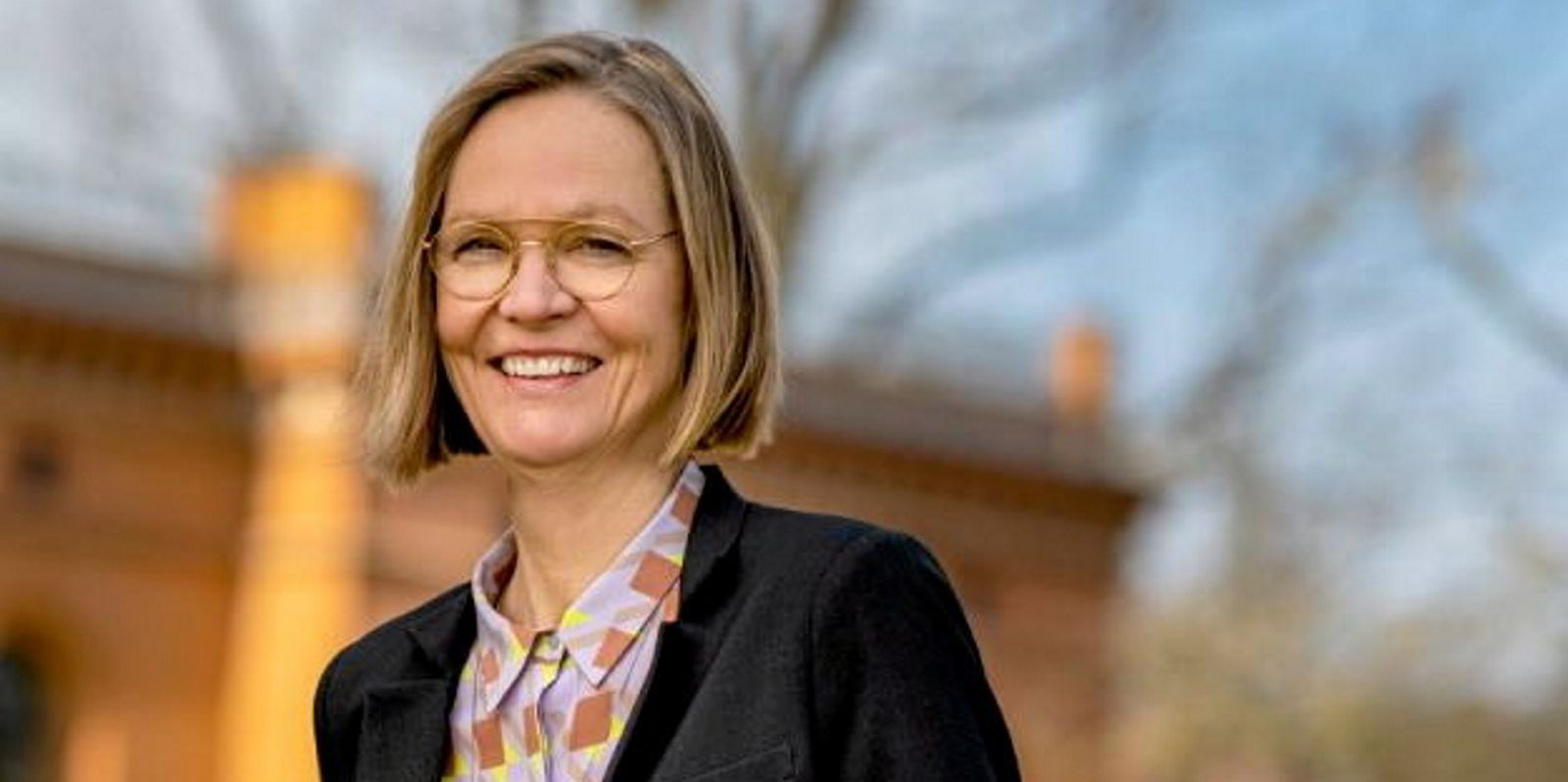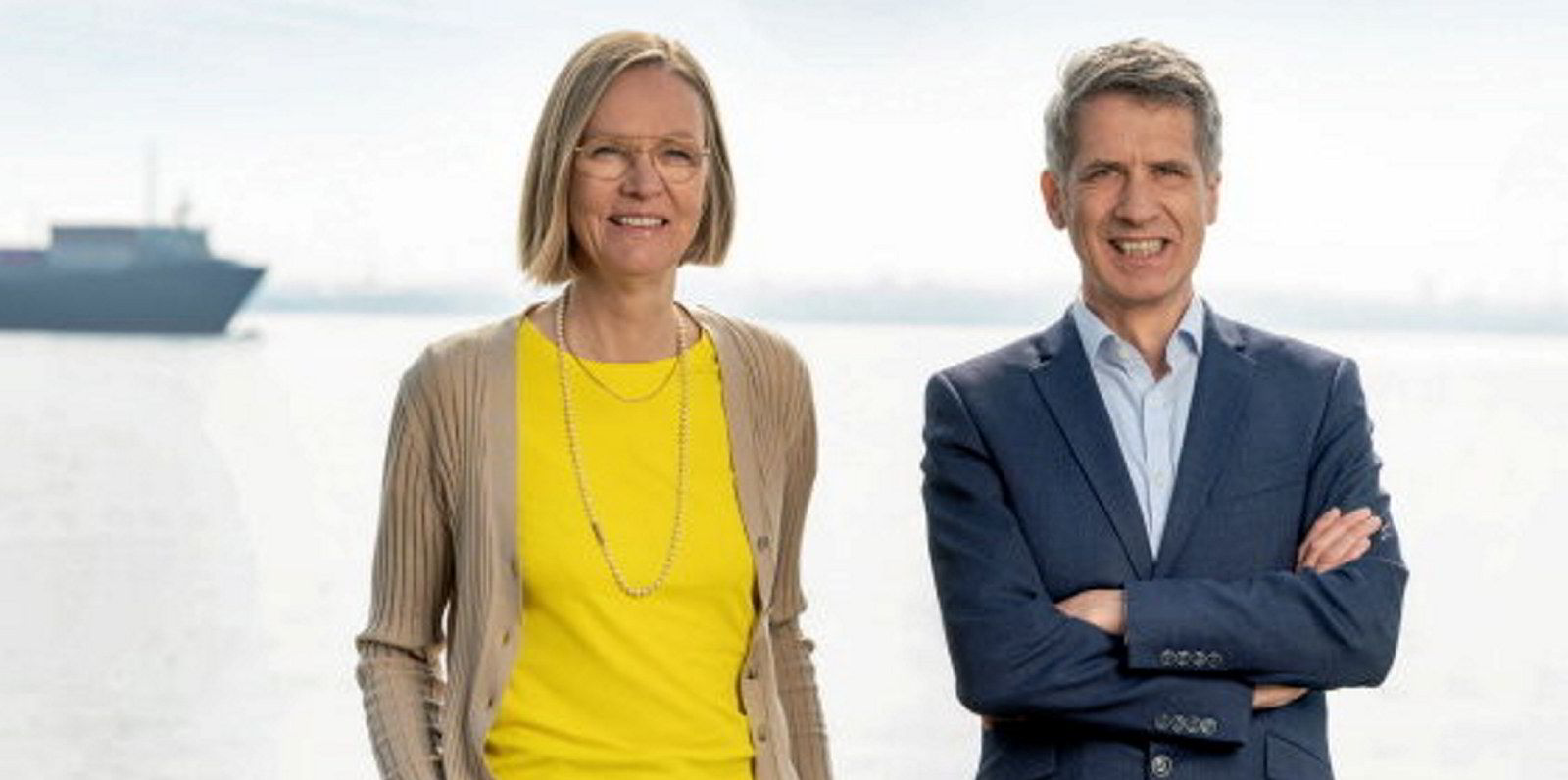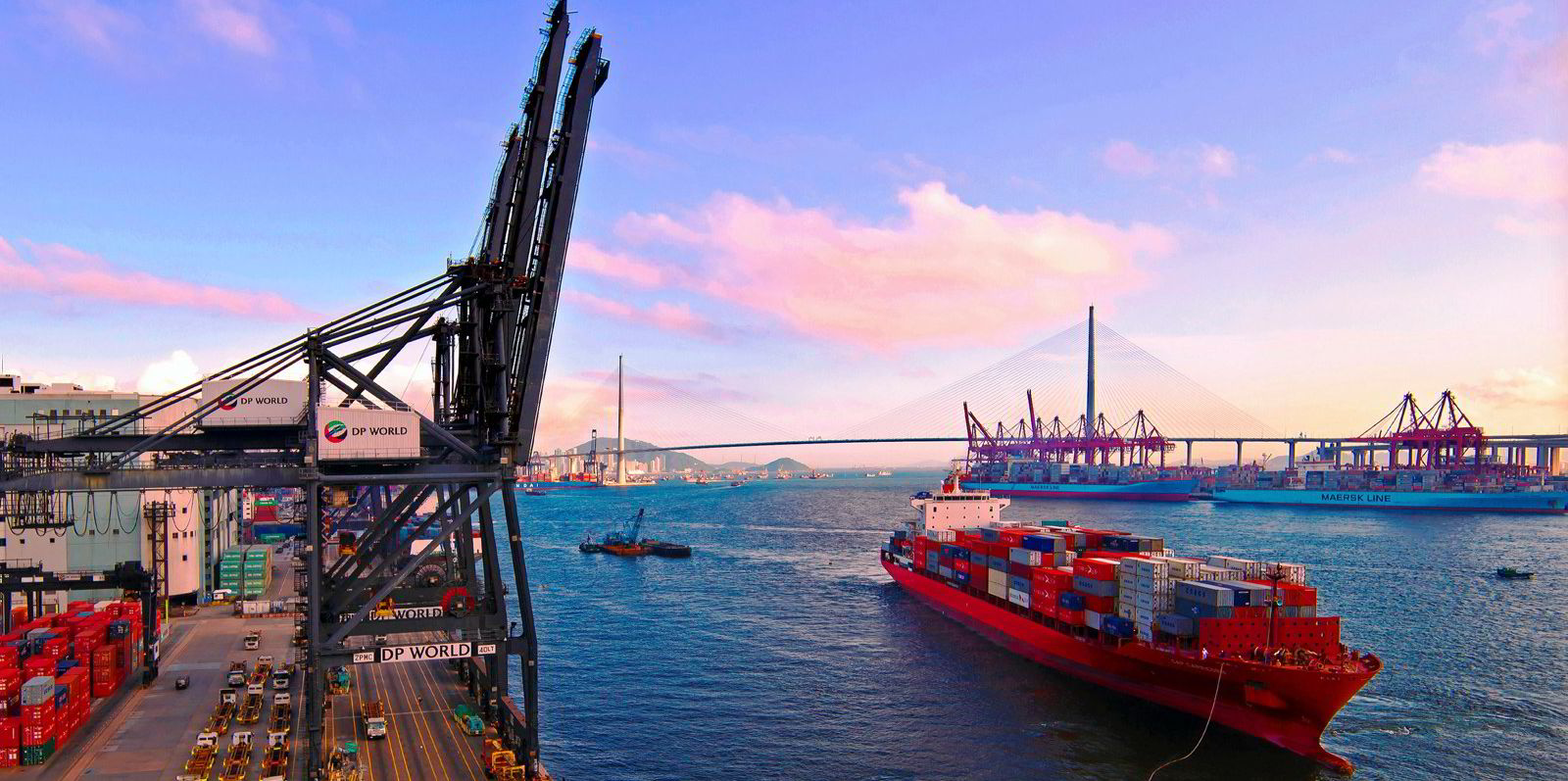German ship financier Ulrike Helfer has taken a position on the board of container ship owner Global Ship Lease (GSL).
Helfer joins the board of directors of the New York-listed tonnage provider after several years helping wind down the shipping assets of Germany’s so-called “bad bank” Portfoliomanagement (PM).
She will take over the position from Hank Mannix, who is standing down as a director after nearly four years.
The new appointment marks a new challenge for Helfer, a 20-year veteran of the shipping industry.
She formerly worked as a banker in Greece and, since 2016, has helped wind down the legacy shipping portfolio of state-owned lender HSH Nordbank, now the privately owned Hamburg Commercial Bank.
Helfer joins as GSL is reaping the benefits of a series of profitable charters tied up last year.
The company’s interim results for the three months to the end of June show an 80% rise in profits.
Net income rose to $54.5m, up from $30m in the same period last year, while operating revenues doubled to $154.45m.
Forward fixing
Executive chairman George Youroukos confirmed that GSL has forward fixed a number of vessels on multi-year charters in recent weeks.
These comprise four traditional panamax vessels and one ship of 8,600 teu.
He added that the company is “in active discussions with charterers about the potential for forward-fixing additional ships consistent with our conservative and risk-averse business model”.
The charter market was presently in “wait and see” mode due to macro uncertainty.
But Youroukos said supply growth in the midsize and smaller vessel sector, which represents the mainstay of GSL’s fleet, is more modest than that of larger vessels.
He added that supply would be limited due to increasing regulation, a relatively older global fleet, and a near-absence of scrapping in recent years.
“With our fleet already fully chartered through this year and nearly all of 2023, we have remained highly active in strengthening our balance sheet in a sustainable, long-term manner,” chief executive Ian Webber said.
Capital-raising measures, including the private placement of $350m of bonds, had left the company financially stronger, he said.(Copyright)





